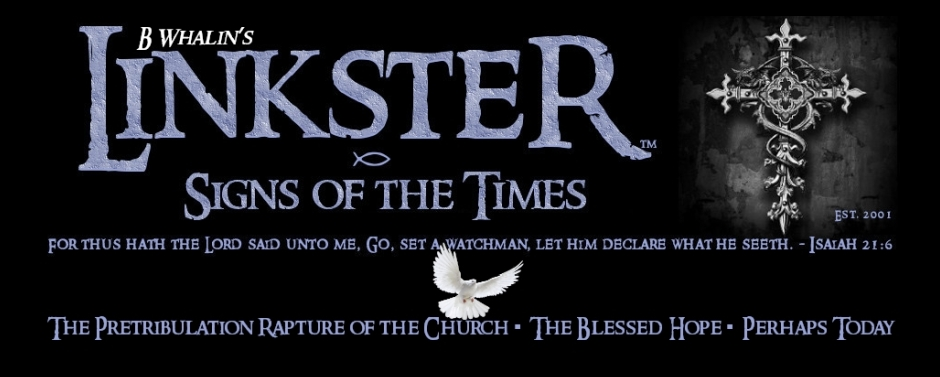
Ronald Wilson Reagan
Fortieth President of the United States (1981–1989)
33rd Governor of California (1967–1975)
Radio, Film and Television Actor
33rd Governor of California (1967–1975)
Radio, Film and Television Actor

Biography
 Ronald Wilson Reagan (February 6, 1911 – June 5, 2004) was the 40th President of the United States (1981–1989). Prior to that, he was the 33rd Governor of California (1967–1975), and a radio, film and television actor. As president, Reagan implemented sweeping new political and economic initiatives. His supply-side economic policies, dubbed "Reaganomics", advocated reducing tax rates to spur economic growth, controlling the money supply to reduce inflation, deregulation of the economy, and reducing government spending. In his first term he survived an assassination attempt, took a hard line against labor unions, and ordered an invasion of Grenada. He was re-elected in a landslide in 1984, proclaiming that it was "Morning in America". His second term was primarily marked by foreign matters, such as the ending of the Cold War, the 1986 bombing of Libya, and the revelation of the Iran-Contra affair. Publicly describing the Soviet Union as an "evil empire", he supported anti-communist movements worldwide and spent his first term forgoing the strategy of détente by ordering a massive military buildup in an arms race with the USSR. Reagan negotiated with Soviet General Secretary Mikhail Gorbachev, culminating in the INF Treaty and the decrease of both countries' nuclear arsenals.
Ronald Wilson Reagan (February 6, 1911 – June 5, 2004) was the 40th President of the United States (1981–1989). Prior to that, he was the 33rd Governor of California (1967–1975), and a radio, film and television actor. As president, Reagan implemented sweeping new political and economic initiatives. His supply-side economic policies, dubbed "Reaganomics", advocated reducing tax rates to spur economic growth, controlling the money supply to reduce inflation, deregulation of the economy, and reducing government spending. In his first term he survived an assassination attempt, took a hard line against labor unions, and ordered an invasion of Grenada. He was re-elected in a landslide in 1984, proclaiming that it was "Morning in America". His second term was primarily marked by foreign matters, such as the ending of the Cold War, the 1986 bombing of Libya, and the revelation of the Iran-Contra affair. Publicly describing the Soviet Union as an "evil empire", he supported anti-communist movements worldwide and spent his first term forgoing the strategy of détente by ordering a massive military buildup in an arms race with the USSR. Reagan negotiated with Soviet General Secretary Mikhail Gorbachev, culminating in the INF Treaty and the decrease of both countries' nuclear arsenals.Reagan left office in 1989. In 1994, the former president disclosed that he had been diagnosed with Alzheimer's disease earlier in the year; he died ten years later at the age of 93. A conservative icon, he ranks highly in public opinion polls of U.S. Presidents and is credited for generating an ideological renaissance on the American political right. » Full Bio
» See All 'Quotable Quotes'
This Day In History 238 Years Ago
May 03, 1775
Dartmouth Tells Martin To Organize North Carolina Loyalists
William Legge, 2nd earl of Dartmouth and secretary of state for the colonies for British King George III, instructs colonial Governor Josiah Martin of North Carolina to organize an association of Loyalists and raise militias on this day in 1775. Exactly one year later, British Commodore Hyde Parker and General Charles Cornwallis were to arrive in North Carolina with 20 transport ships.Dartmouth Tells Martin To Organize North Carolina Loyalists
Martin directed Loyalist efforts from his ship Cruiser anchored in the Cape Fear River following a Patriot attack on his home in April 1775. When the residents of Mecklenburg County effectively declared their independence from the crown later in May, Martin sent a copy of their resolves to Britain, requested military supplies from British General Thomas Gage in Boston and plotted to arm the slaves of North Carolina to help put down any Patriot uprising. » Full Article
Significant Events This Day In History
» History


